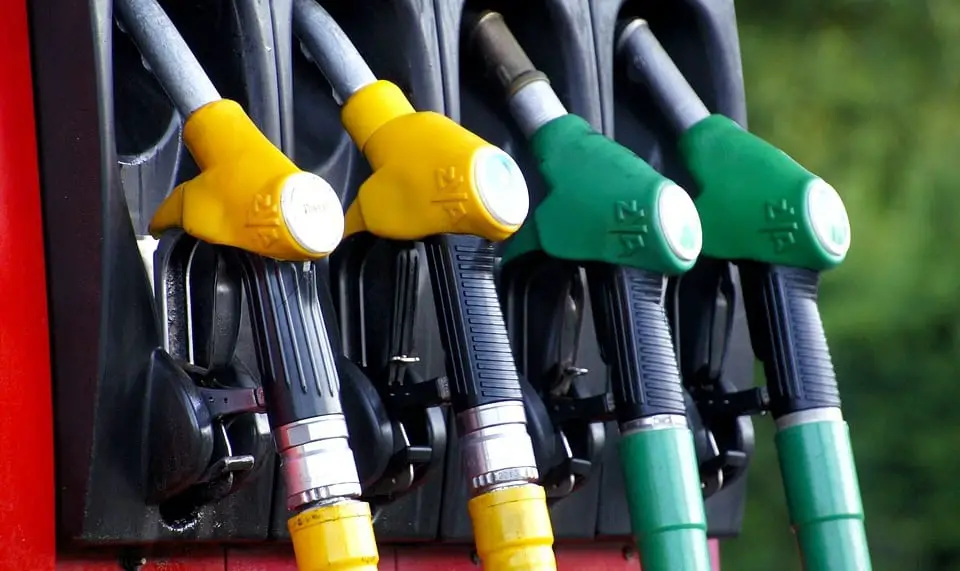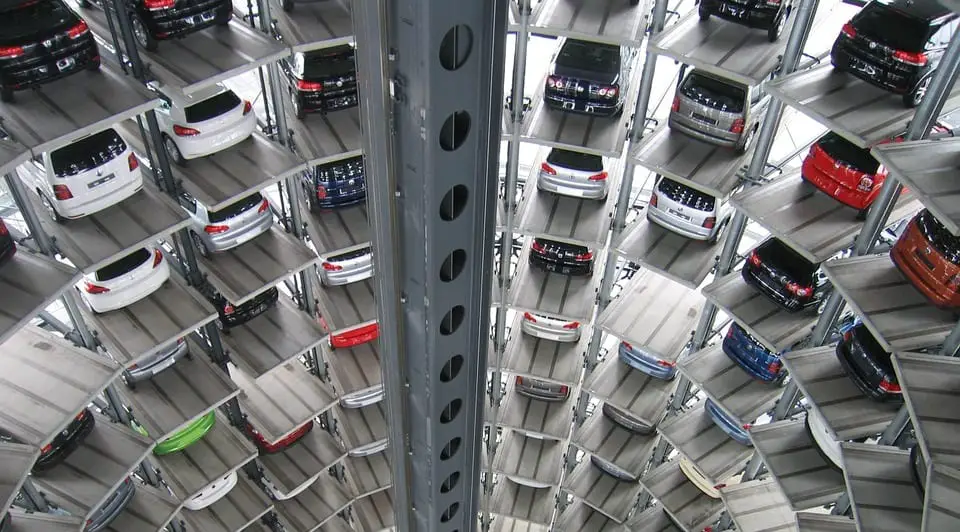
HyGen to build new fueling stations for fuel cell vehicles
May 8, 2017Company launches crowdfunding campaign to support fuel cell vehicles
HyGen Industries, a supplier of renewable hydrogen fuel, has launched a new crowdfunding campaign. The campaign is meant to help the company develop a series of new hydrogen stations that will serve fuel cell vehicles. These vehicles are becoming increasingly common, but their popularity among consumers is struggling due to the lack of infrastructure support. New hydrogen stations are needed in order for fuel cell vehicles to appeal to consumers and HyGen believes it can help solve the infrastructure problem.
HyGen will use renewable energy to produce hydrogen
HyGen will focus on using renewable energy in order to produce hydrogen fuel. The renewable energy will be purchased from partners and the hydrogen it produces will be stored and sold to fueling stations. This fuel will then be used to power fuel cell vehicles. Using renewable energy to produce hydrogen is becoming a popular concept as this removes the carbon footprint of fuel production. Current hydrogen production methods rely on fossil-fuels, which ties hydrogen generation to greenhouse emissions. This issue has made fuel cells less attractive when compared to other renewable energy solutions.
Fuel cell vehicles need infrastructure support to become successful
Fuel cell vehicles have become a very popular focus for many major automakers. These companies believe that fuel cells could play a major role in the future of clean transportation. As such, they have begun developing and launching fuel cell vehicles in some choice markets around the world. Without the support of a comprehensive fueling infrastructure, however, these vehicles may not find success among consumers. Companies like HyGen are looking to solve this problem while also making the hydrogen production process more environmentally friendly.
California to have more than 43,000 fuel cell vehicles in operation by 2022
HyGen was awarded $5.3 million from the California Energy Commission to help develop new hydrogen stations in the coming years. The company was tapped as part of an overarching initiative to prepare the state for the launch of fuel cell vehicles. By 2022, California expects to have more than 43,000 fuel cell vehicles in operation throughout the state.



 With over 15 years of reporting hydrogen news, we are your premier source for the latest updates and insights in hydrogen and renewable energy.
With over 15 years of reporting hydrogen news, we are your premier source for the latest updates and insights in hydrogen and renewable energy.
Because of its light mass hydrogen has a very large energy density per mass of about 39 kWh kg-1,which is three times higher than the most common fuel used nowadays – gasoline. However, to drive a car with combustion engine for a distance of 400 km about 8 kg of hydrogen is required which at room temperature and atmospheric pressure occupies a volume of around 100 cubic meters.Therefore for reasonable and practical applications the low hydrogen density in the gas phase must be increased by compression and temperature decrease ( very expensive process), or other high hydrogen density storage methods have to be designed.